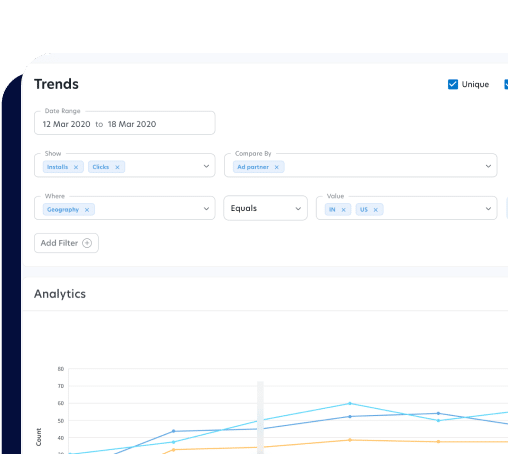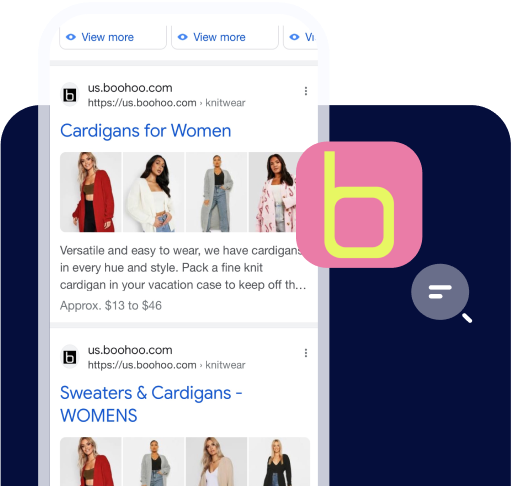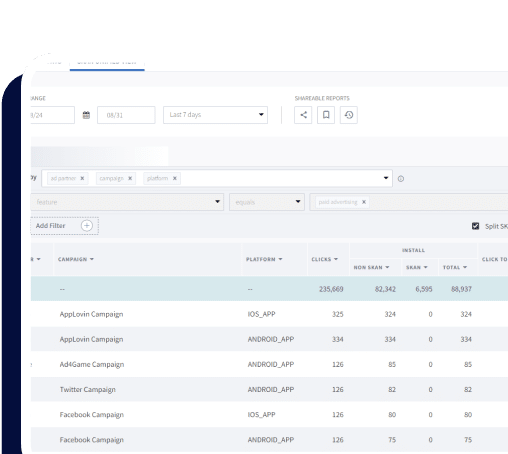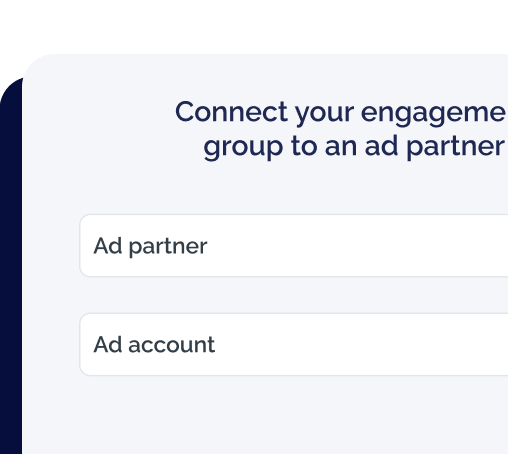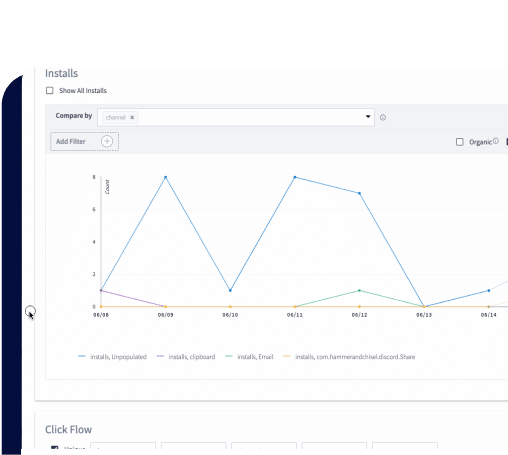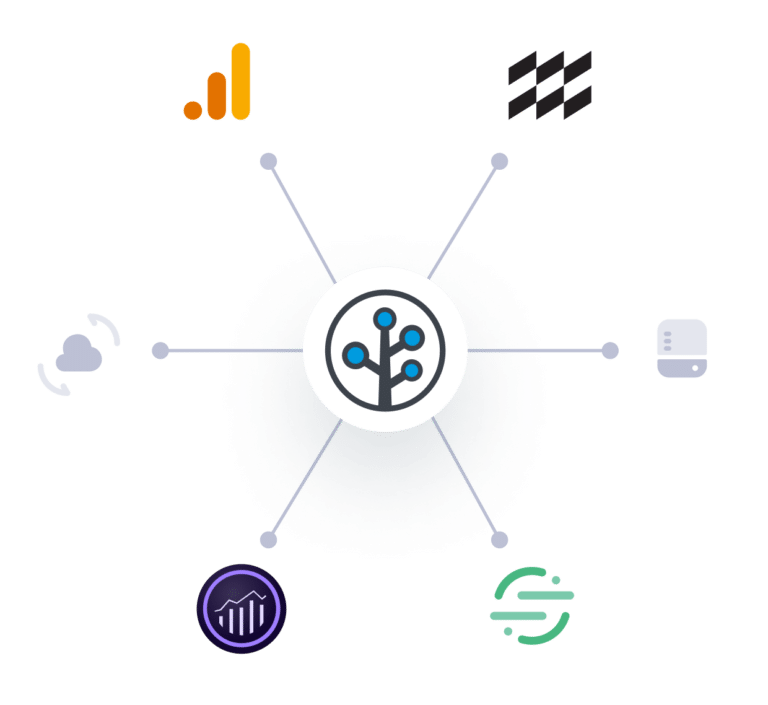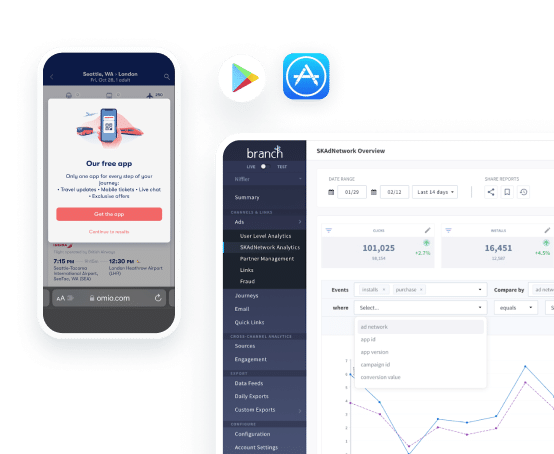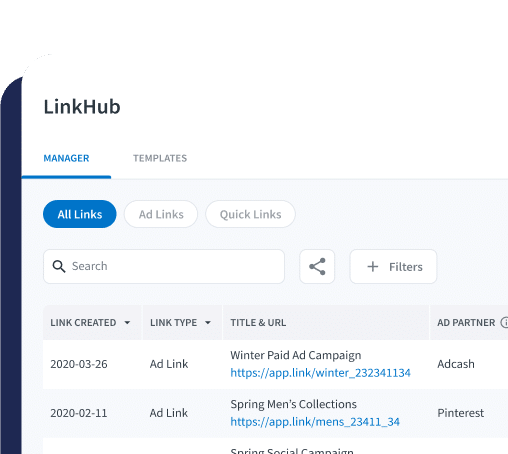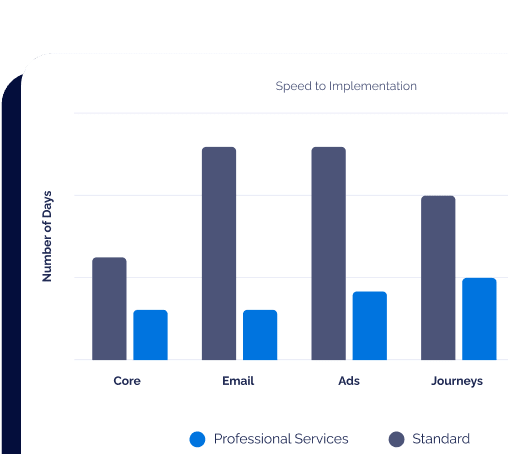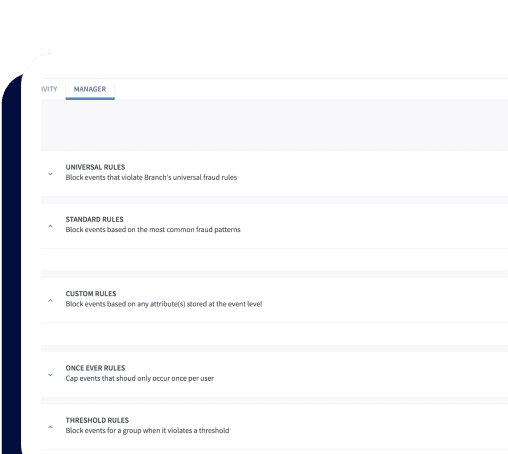What is cost per click (CPC)?
Cost per click (CPC) is a metric that tracks how much website owners or advertisers pay each time a user clicks on their ads. To find the CPC for your ad, divide the total ad spend by the number of clicks received. A high CPC indicates an ad is relevant and engaging.
The term CPC can be used across both the web and mobile advertising spaces. Different advertising partners provide different cost structures of CPC.
CPC models are common for programmatic channels, and marketers can often set very specific CPC ranges for their campaigns, assisting greatly in cost optimization. With regards to mobile advertising, advertisers are charged and publishers are paid upon click. Advertisers may prefer a cost per click model because it allows them to pay only when an action is taken, however publishers may prefer a model that guarantees more revenue per their ad space and ad serving.
For publishers who are hosting ad space, revenue from a CPC model can vary based on the quality of the ad targeting. As a result, most publishers and advertisers use a combination of CPC and cost per mille (CPM) advertising or revenue models across many different networks to optimize for both volume and cost. Additionally, CPC models might be better suited for advertisers who are doing more broad, top-of-funnel type acquisition as opposed to looking for down-funnel engagement. Given that CPC can range over the course of a campaign dependent upon amount traffic, number of competitors targeting the same criteria, and many additional factors, CPC is typically calculated by dividing the total cost by the total number of clicks.




